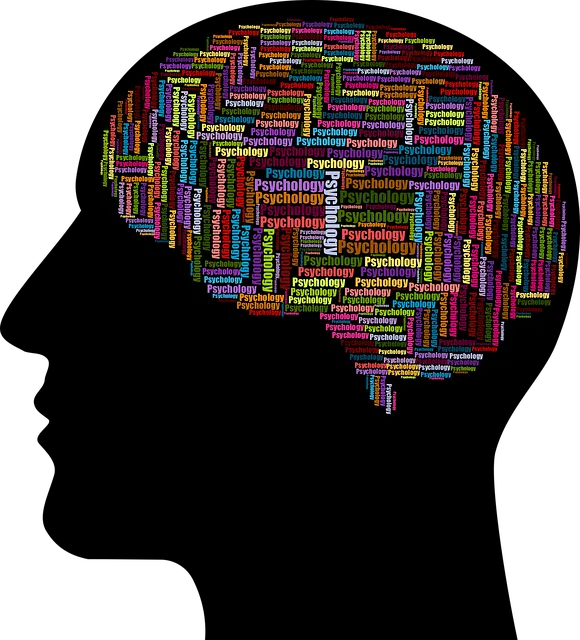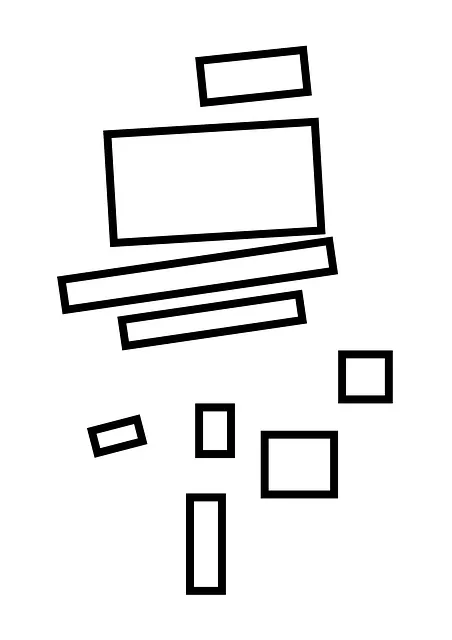Mental wellness journaling is a powerful self-care tool that encourages reflection and promotes better mental health by tracking daily experiences and emotions. It helps individuals identify patterns, triggers, and sources of stress, enabling them to develop personalized coping mechanisms. This practice, supported by studies showing reduced anxiety and depression symptoms, can be an initial step for seeking mental health help, similar to Kaiser's resources in Littleton. Creating a dedicated journaling space at home enhances emotional regulation and self-awareness, fostering calm and introspection. Effective techniques like using descriptive language and self-exploration prompts make journaling therapeutic. Regular journaling tracks progress, provides insights, and fosters resilience, ultimately promoting overall mental wellness. Leveraging professional support from Community Outreach Programs or Kaiser ensures tailored guidance for optimal emotional well-being in Littleton.
“Unwind your mind and embark on a journey of self-discovery with Mental Wellness Journaling. This powerful tool offers a personal space for reflection and emotional release, contributing significantly to improved mental health. From understanding its benefits to creating a dedicated journaling space, this article guides you through each step.
Learn effective writing techniques to transform your thoughts into therapeutic exercises. Additionally, discover resources like Littleton and Kaiser that provide valuable support, ensuring your mental wellness journey is both informed and empowered.”
- Understanding Mental Wellness Journaling: Unlocking Self-Reflection
- Benefits of Regular Journaling for Mental Health
- Setting Up Your Journaling Space: A Comfortable Haven
- Effective Writing Techniques to Enhance Emotional Wellbeing
- Tracking Progress and Seeking Professional Support: Littleton & Kaiser Resources
Understanding Mental Wellness Journaling: Unlocking Self-Reflection

Mental wellness journaling is a powerful tool that encourages self-reflection and promotes better mental health, offering a private space to explore thoughts and emotions. By jotting down daily experiences, feelings, and reflections, individuals can gain valuable insights into their emotional states and triggers. This practice, often referred to as mood management, allows people to identify patterns and understand the connection between their thoughts, behaviors, and overall well-being, much like how a map helps navigate a labyrinthine mind.
For those seeking guidance on how to get mental health help, journaling can be an initial step towards self-care. It fosters empathy building strategies by encouraging individuals to challenge negative thought patterns and replace them with more positive and realistic ones. Similar to the way Kaiser’s resources support diverse mental health needs, a journal provides a personalized space for users to track their progress, set achievable goals, and develop effective coping mechanisms tailored to their unique journeys.
Benefits of Regular Journaling for Mental Health

Regular journaling has been shown to have numerous benefits for mental health, offering a powerful tool for self-reflection and emotional processing. By putting pen to paper, individuals can explore their thoughts, feelings, and experiences in a safe and private space. This practice fosters better mental wellness by promoting increased self-awareness, which is crucial when it comes to how to get mental health help. Through journaling, people can identify patterns, triggers, and sources of stress, allowing them to develop coping mechanisms tailored to their unique needs. For instance, a study by Kaiser found that those who engage in regular writing exercises reported reduced symptoms of anxiety and depression over time.
In addition to its therapeutic effects, journaling serves as an effective burnout prevention strategy for healthcare providers. By documenting their day-to-day experiences and emotions, medical professionals can gain valuable insights into their well-being and make necessary adjustments to maintain work-life balance. Moreover, the act of expressing oneself through writing has been linked to improved emotional regulation and enhanced self-confidence. This is particularly relevant in high-pressure environments like hospitals, where healthcare providers must manage intense emotions while delivering quality care.
Setting Up Your Journaling Space: A Comfortable Haven

Creating a dedicated journaling space is the first step in prioritizing your mental wellness. Think of it as your personal sanctuary for self-reflection and emotional processing. Make sure your chosen area is quiet, comfortable, and free from distractions. In Littleton or anywhere you call home, carve out a spot where you can sit with your thoughts without interruptions. A cozy chair by a window offering natural light, surrounded by soft fabrics and warm lighting, can transform into your ideal journaling haven. This space should reflect your personality and foster a sense of calm, making it easier to open up about your feelings and experiences.
When setting up your journaling space, consider incorporating objects that resonate with you—be it plants, artwork, or even photographs. These personal touches can make the act of journaling feel more meaningful and enjoyable. With Kaiser’s mental health resources in mind, this practice aligns perfectly with Mental Wellness Journaling Exercise Guidance, offering a simple yet effective Mood Management technique accessible to everyone. By creating a comfortable haven for your journal, you’re taking a proactive step towards enhancing your overall mental wellness and potentially exploring the benefits of Mental Wellness Coaching Programs Development.
Effective Writing Techniques to Enhance Emotional Wellbeing

Engaging in effective writing techniques can significantly enhance emotional wellbeing, making mental wellness journaling a powerful tool for self-care. When reflecting on your day or expressing feelings, use descriptive language to paint vivid pictures with words. This not only aids in clearer thinking but also allows you to process emotions more deeply. For instance, instead of stating “I felt sad,” try describing the physical sensations and circumstances surrounding that feeling—a technique known as emotional regulation. By doing so, you can better understand and manage your emotions, a key aspect of coping skills development and building emotional intelligence.
Furthermore, incorporating prompts that encourage self-exploration and mindfulness can transform journaling into a therapeutic practice. Questions like “What brought me joy today?” or “How did I respond to stress?” can prompt introspection, helping you identify patterns in your emotional reactions. This process is facilitated by Kaiser’s resources on mental health, which offer guidance on how to get help in Littleton and beyond. Regularly practicing these writing techniques not only improves emotional awareness but also provides a safe space for processing life’s experiences, fostering resilience, and promoting overall mental wellness.
Tracking Progress and Seeking Professional Support: Littleton & Kaiser Resources

As you consistently engage in mental wellness journaling, tracking your progress becomes essential for maintaining perspective and identifying areas for growth or improvement. Reviewing past entries allows you to witness your emotional healing processes and acknowledge the strides you’ve made towards better mental health. This practice can also help pinpoint triggers or patterns that contribute to stress or anxiety, empowering you with valuable insights for more proactive self-care strategies.
For added support in navigating complex mental health concerns, consider reaching out to professional resources like Littleton’s Community Outreach Programs or Kaiser’s healthcare provider cultural competency training initiatives. These organizations offer specialized services and guidance tailored to individual needs, ensuring you receive the comprehensive care necessary for optimal emotional well-being. Remember, seeking help is a sign of strength, and with the right support, you can take significant steps towards a healthier, happier mind.
Mental wellness journaling is a powerful tool for self-reflection and emotional healing. By incorporating regular writing practices, you can significantly improve your mental health and overall wellbeing. Whether it’s in a cozy space or with specific techniques, as discussed, the benefits are vast. Remember, seeking professional support from resources like Littleton and Kaiser is always an option if you need guidance or further assistance in navigating your mental health journey. Embrace journaling as a way to unlock insights, track progress, and foster positive changes in your life.






